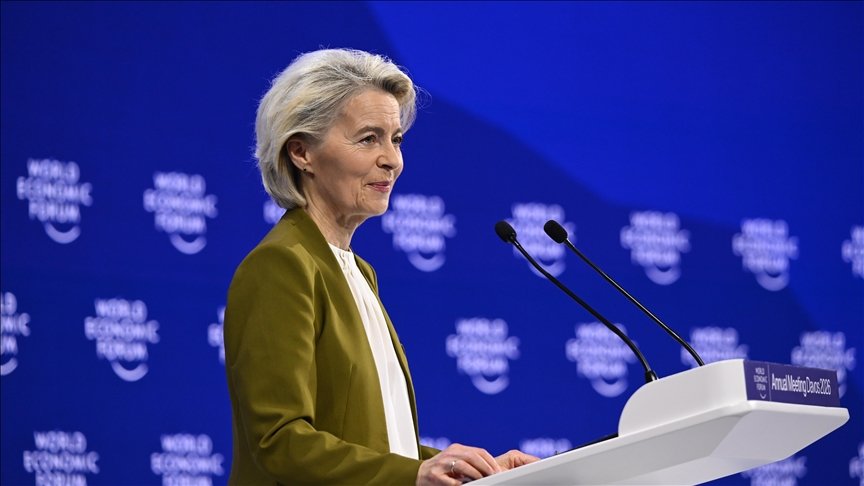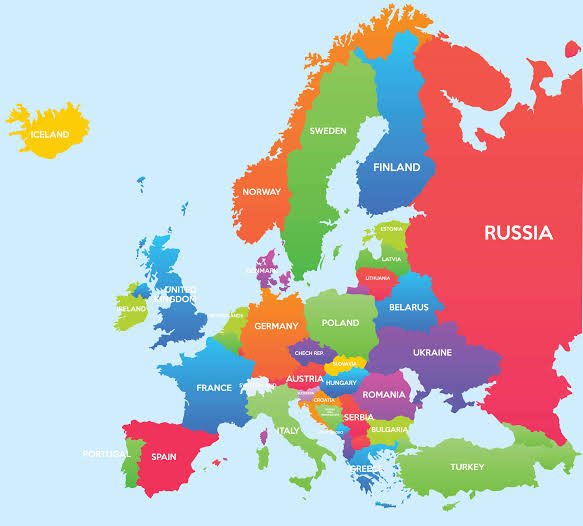Brussels, October 31, 2024 – The Europe Today: A recent report by former Finnish President Sauli Niinisto has recommended the establishment of a centralized EU intelligence agency to enhance coordination among member states. The proposal, which aims to bolster the EU’s “strategic and operational” capabilities, calls on European Commission President Ursula von der Leyen to consider the formation of a “fully fledged” intelligence agency that could address EU-wide security needs.
The report, published Wednesday, suggests that an EU intelligence cooperation service could collect intelligence from national agencies and support both policy planning and decision-making processes at the EU level. According to Niinisto, this agency would not engage in external espionage, as some have likened it to a “CIA-style” service, but would focus on counter-espionage and defending against foreign intelligence threats within Europe.
At the report’s launch, von der Leyen acknowledged potential resistance from member states, which may hesitate to cede intelligence control to EU institutions. For now, she indicated, the EU will focus on enhancing “information sharing” between countries, acknowledging member states’ concerns over increasing EU budget allocations for such an agency.
This proposal marks a potential shift in the EU’s scope of power, following its recent adoption of a collective defense strategy that paved the way for a 5,000-strong rapid deployment force. Additionally, the EU recently appointed Andrius Kubilius as its first-ever defense commissioner, signaling increased focus on defense and security. Kubilius has outlined plans to expand the bloc’s arms production and stated that the EU must prepare to counter potential threats from Russia within the next decade.
While the report highlights the importance of an intelligence service to reinforce civil-military coordination frameworks and support a “preparedness culture,” its implementation faces hurdles due to budgetary concerns and member states’ hesitation to centralize intelligence operations under EU oversight.














